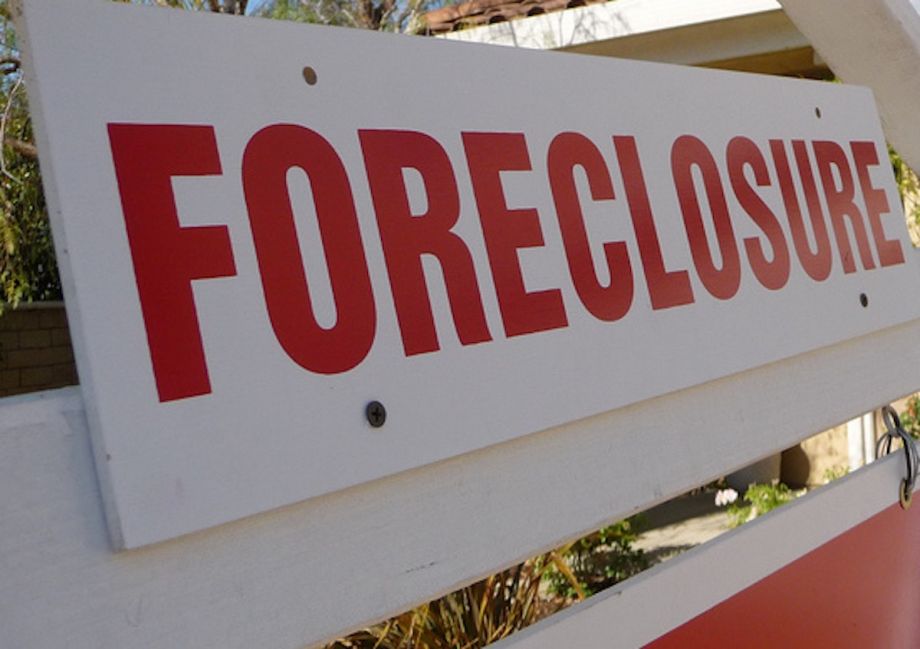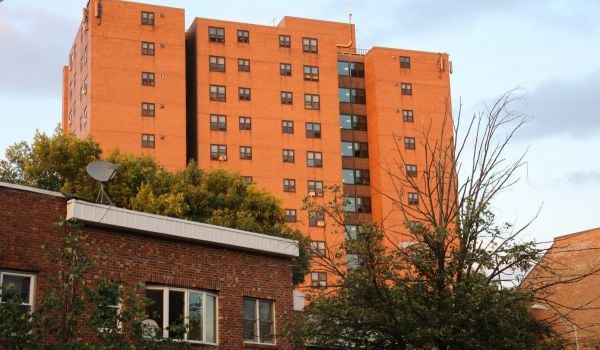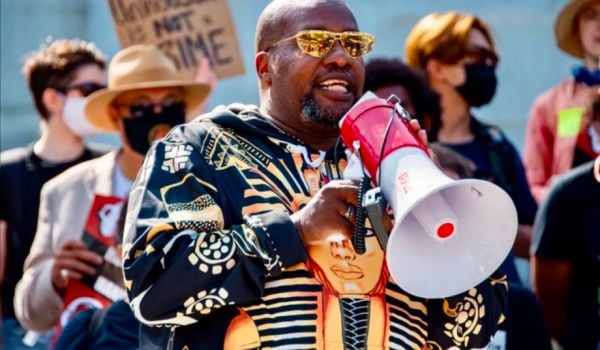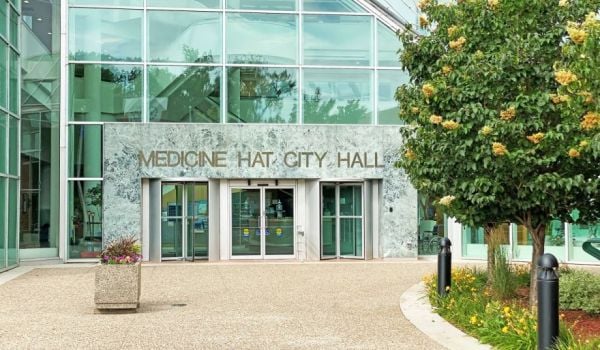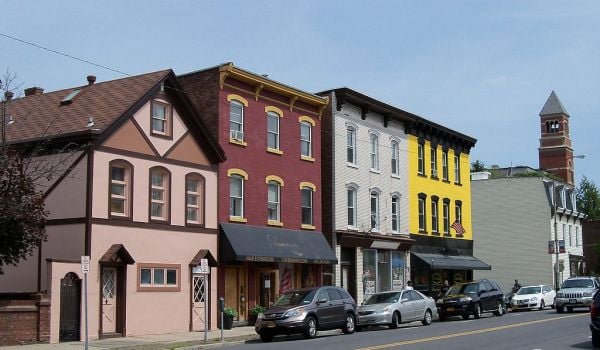Fannie Mae $53M Settlement to Go to 39 Metropolitan Areas
The National Fair Housing Alliance reached a settlement with Fannie Mae, the government-sponsored home loan backer, over a 2016 lawsuit alleging it had neglected foreclosed homes in Black and Latino neighborhoods in violation of the Fair Housing Act. According to a press release the money will go to increasing access to credit and promoting homeownership in Black and Latino neighborhoods in 39 metropolitan areas. The lawsuit was the culmination of a 2011-2015 investigation by NFHA of 2,300 properties. With over 49,000 photos, it documented trash piling up and broken doors and windows — all significantly more common in Fannie Mae-owned properties in Black and Latino neighborhoods than in white neighborhoods. The result was that home values plummeted in Black and Latino neighborhoods and the properties were much less likely to be purchased by owner occupants than by corporate real estate, according to HousingWire. The ruling could portend similar settlements for lawsuits against private lenders Deutsche Bank and Bank of America.
New York’s $100M Program to Convert Hotels to Housing Has Yet to Produce Housing
A program signed into law last August was meant to subsidize the conversion of distressed hotels into affordable housing in New York City. But the Division of Housing and Community Renewal did not receive a single application until late January, according to Politico. The issue is that the legislation that created the program didn’t alter onerous zoning and building requirements. Many hotels can’t be converted because they’re not in residential zones, and the remainder require yard space and changes to door sizes to fit the city’s residence requirements — changes the program’s funding won’t cover. Other requirements, like small kitchens for every unit of housing, are a matter of contention, with advocates for people experiencing homelessness saying this is a bare minimum for quality affordable housing and some builders saying the additions are cost-prohibitive. Half of all units in each conversion project were to be set aside for people experiencing homelessness, and the other half were to be priced for people making no more than 80% of area median income. It’s possible to add more funding or loosen restrictions, but some fear that it will be too late, as the hotels-to-housing conversion relied on hotels that were mostly abandoned due to pandemic travel restrictions and an economic slump. I wrote about NYC Mayor Eric Adams’s plans to convert hotels to supportive housing in November.
Private Equity Firms Own a Growing Share of Housing Market, Raising Rents
An investigation by ProPublica found private equity-backed firms are increasingly buying multifamily housing, leading to rent hikes and lack of maintenance. These firms are now the nation’s largest owners of apartment buildings with five or more units, according to National Multifamily Housing Council data parsed by the publication. The firms are using the scale of ownership to quickly boost profitability by raising rents, and cutting costs on repairs and security, and then selling the properties for higher prices. Many of the loans that enable this were provided by Freddie Mac, the federally backed corporation that buys mortgages off the private market and which provides financing to potential property owners. Among Freddie Mac’s 20 largest deals to private borrowers, 85% were to large private equity firms, the investigation shows. The investigation calls into question the regulatory practices of the Federal Housing Finance Agency, which is meant to oversee Freddie Mac. The agency does not require any data on rent increases from its borrowers and does not mandate any tenant protections to borrowers buying affordable properties.
This article is part of Backyard, a newsletter exploring scalable solutions to make housing fairer, more affordable and more environmentally sustainable. Subscribe to our weekly Backyard newsletter.

Roshan Abraham is Next City's housing correspondent and a former Equitable Cities fellow. He is based in Queens. Follow him on Twitter at @roshantone.



